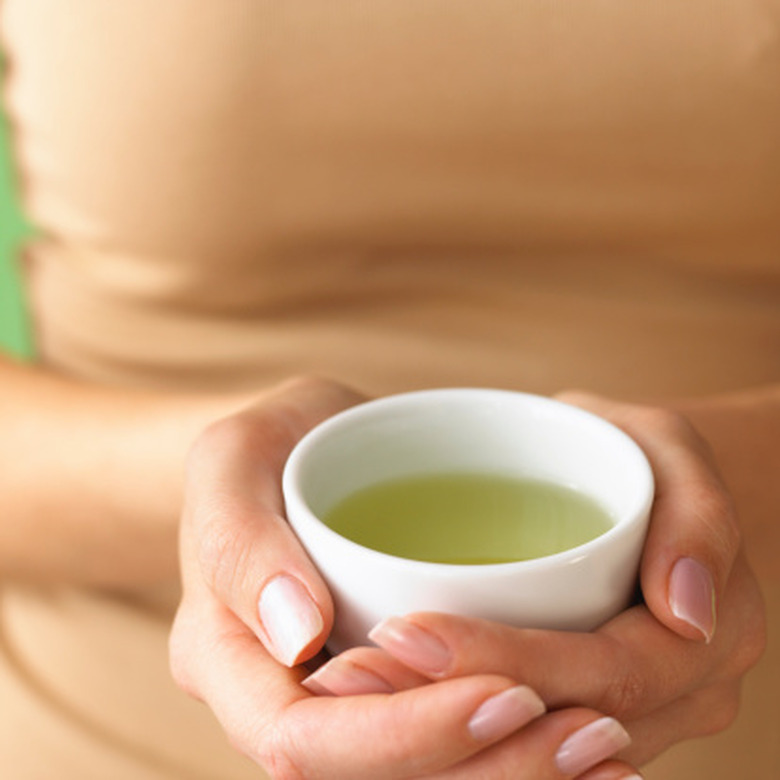Is Green Tea Good For Plants?
Green tea has long been touted as a healthy beverage for humans, with benefits ranging from tooth decay prevention to cancer risk reduction. But green tea's health benefits aren't limited to humans: green tea can be good for plants in your garden, too.
Soil Enrichment
When added to soil, green tea contributes to the overall health of a plant. Raw green tea leaves are food for soil-enriching worms. Their high nitrogen content also makes soil nitrogen-rich and thus more conducive to supporting healthy plants.
Use for Composting
Green tea leaves, either in their bag or loose, can go directly into a compost pile. The tea adds nutrients during the composting process while the bag is biodegradable.
Use for Feeding
Casual gardeners who don't keep a compost pile can soak leftover tea bags in a watering can for several days, creating a nutritious "tea" with which they can water their plants. If using the latter method, it is advisable to throw out the tea bag and tea leaves after soaking, since the same leaves that feed worms are also food for parasites. For outdoor gardens, sprinkling the leaves over soil can act as a fertilizer or manure on its own.
